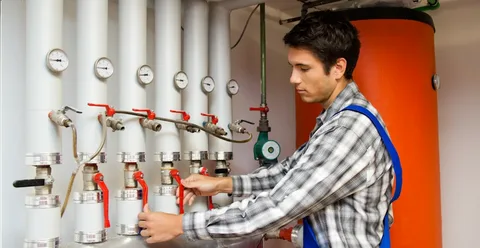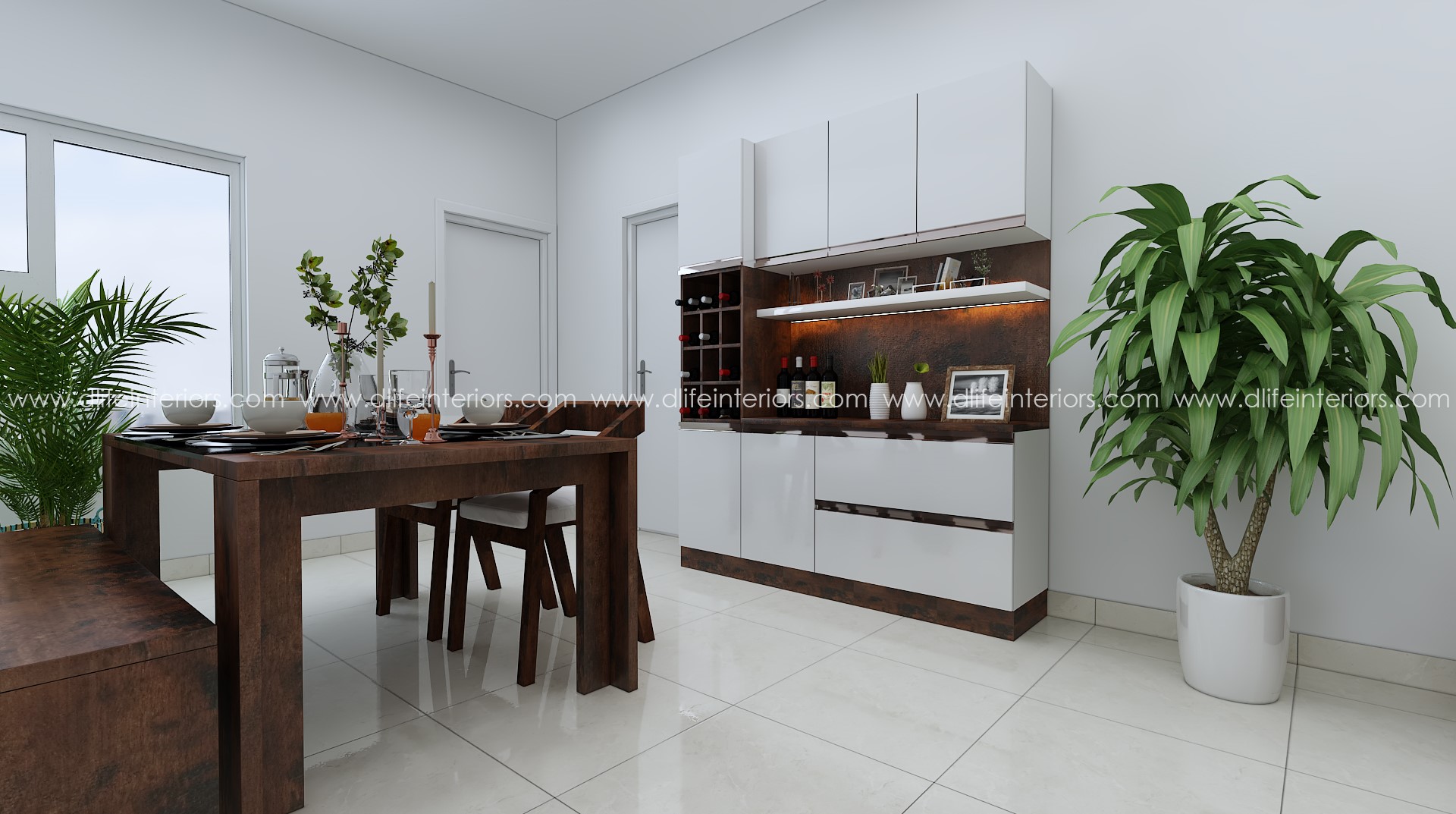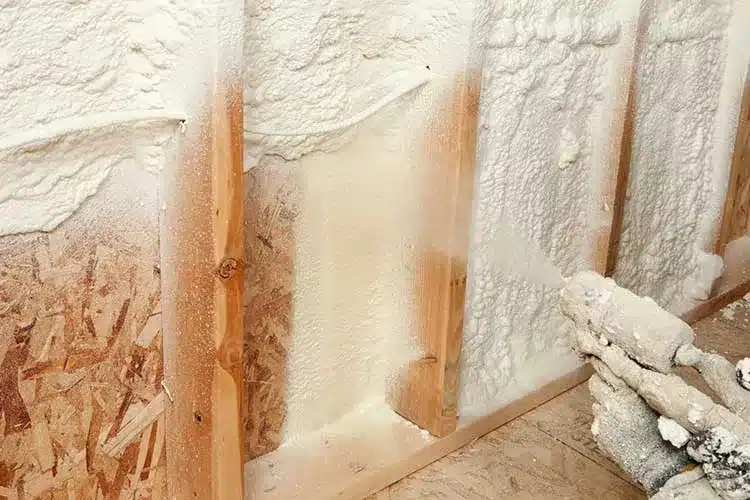Heating Systems: Efficient Solutions for Year-Round Comfort
Having a dependable heating system becomes crucial to maintaining the comfort of your house or place of business as the temperature drops. In addition to providing warmth, a properly operating heating system lowers energy costs and guarantees a warm and secure interior environment throughout the winter. We provide complete heating solutions that are suited to your needs, whether you’re installing a new heating system, need repairs, or need routine maintenance.
1. Types of Heating Systems We Offer
There are various types of heating systems available each with its unique features and benefits. Depending on your home’s size, layout, and your heating preferences, our experts can help you select the right system for you.
Furnaces
One of the most widely used heating systems in residences and commercial buildings is the furnace. They use a blower motor to heat the air and distribute it through ducts. Depending on your preferred fuel source, furnaces can run on electricity, natural gas, or oil. They are renowned for their effectiveness and rapid heating of large areas.
- Natural Gas Furnaces: A cost-effective and energy-efficient choice, natural gas furnaces are ideal for homes with access to a gas line.
- Electric Furnaces: While typically more expensive to operate than gas, electric furnaces are easier to install and are a good choice for smaller homes or areas where natural gas is unavailable.
- Oil Furnaces: For homes in rural areas where natural gas is unavailable, oil furnaces are a reliable option, though they require regular maintenance to keep them running efficiently.
Heat Pumps
Heat pumps are an energy-efficient alternative to furnaces. They work by transferring heat from the outside air or ground into your home, providing both heating and cooling. A heat pump can save energy compared to traditional heating systems because it moves heat rather than generating it.
- Air-Source Heat Pumps: These are the most common type of heat pumps and work by extracting heat from the air outside and bringing it inside to heat your home. They are highly efficient and can be used for both heating and cooling.
- Ground-Source (Geothermal) Heat Pumps: Geothermal heat pumps take advantage of the stable temperature below the ground to heat and cool your home. They are the most efficient type of heat pump but have higher installation costs.
Boilers
A boiler is a type of heating system that heats your house using steam or water. Boilers use electricity, natural gas, or oil to heat water, which is then circulated through pipes or radiators set into the walls or floors. Boilers are renowned for providing steady, cozy heat that is perfect for colder climates.
Radiant Heating Systems
A common choice for people looking for effective and silent heating is radiant heating. This system makes use of heated water tubes or electric cables that are mounted in your home’s walls, ceiling, or floors. The room is heated from the ground up by the heat radiating upward, maintaining a steady, uniform temperature.
2. Heating System Installation Services
A new heating system installation is a major investment in the efficiency and comfort of your house. For a variety of heating systems, our team of experts provides skilled installation services. To choose the best system for your needs, we start with a thorough evaluation of your house. Our professionals will install your new system with care, making sure it complies with safety regulations and local codes and runs effectively.
Why Choose Us for Heating System Installation?
- Expert Advice: We guide you in selecting the best heating system based on your home’s size, insulation, and heating preferences.
- Precise Installation: Our experienced team ensures that the system is installed properly, maximizing its efficiency and lifespan.
- Energy-Efficient Options: We provide high-efficiency heating systems that can help lower your utility bills and reduce your carbon footprint.
3. Heating System Repair Services
Like any other major appliance, heating systems can encounter issues over time. If your heating system is not working as efficiently or effectively as it should, our repair team can quickly diagnose and fix the problem. Whether it’s a malfunctioning furnace, a faulty heat pump, or an issue with your boiler, we have the knowledge and tools to handle the repair.
Common Heating System Problems We Repair
- Lack of Heat: If your system isn’t producing heat, it may be due to a malfunctioning thermostat, faulty wiring, or an issue with the fuel supply.
- Inconsistent Heating: Uneven temperatures or cold spots may indicate a problem with the ductwork, vents, or thermostat.
- Strange Noises: Unusual noises such as banging or squealing could signal a problem with your system’s components.
- System Cycling On and Off: Short cycling can be caused by a dirty air filter, malfunctioning thermostat, or an overworked system.
4. Heating System Maintenance Services
Regular maintenance is key to ensuring your heating system operates efficiently and lasts longer. Scheduling annual maintenance with our team helps identify potential issues before they become major problems, allowing for timely repairs and avoiding costly breakdowns.
Benefits of Heating System Maintenance
- Increased Efficiency: Regular maintenance ensures that your heating system operates at peak efficiency, saving you money on energy bills.
- Extended Lifespan: Well-maintained systems last longer, reducing the need for premature replacements.
- Improved Comfort: Routine maintenance ensures consistent heating throughout your home or business.
- Prevention of Major Breakdowns: Maintenance helps detect potential issues early, reducing the risk of unexpected breakdowns during the coldest months.
Our Heating System Maintenance Checklist
- Inspect and Clean the Furnace/Heat Pump: We check all components, including the blower motor, fan, and condenser coils.
- Change or Clean Filters: Air filters are cleaned or replaced to ensure proper airflow and air quality.
- Check Thermostat Calibration: We make sure your thermostat is functioning correctly to maintain consistent temperatures.
- Lubricate Moving Parts: This reduces friction and prevents wear on parts like the motor and fan.
- Inspect Ductwork for Leaks: Leaky ducts can reduce the efficiency of your system, so we check for any cracks or leaks.
5. Energy-Efficient Heating Solutions
We understand the importance of energy efficiency in today’s world. Our heating solutions include options designed to help you save energy and reduce your carbon footprint. From high-efficiency furnaces to energy-efficient heat pumps and geothermal systems, we provide a range of products that will keep you warm while minimizing energy use.
Benefits of Energy-Efficient Heating Systems
- Lower Utility Bills: Energy-efficient systems consume less energy, reducing your heating costs.
- Environmental Benefits: By using less energy, these systems help reduce your home’s overall environmental impact.
- Government Rebates: Many energy-efficient systems are eligible for rebates or tax incentives, making them more affordable.
6. Frequently Asked Questions (FAQ)
How long does a heating system last?
The lifespan of a heating system depends on the type of system, usage, and maintenance. On average, furnaces last 15-20 years, while heat pumps can last 10-15 years, and boilers can last 20-30 years.
When should I replace my heating system?
If your system is more than 15 years old and requires frequent repairs, it may be more cost-effective to replace it with a newer, more efficient model.
What are the signs that my heating system needs repair?
Signs include inconsistent heating, strange noises, increased energy bills, or the system not turning on at all.














Post Comment